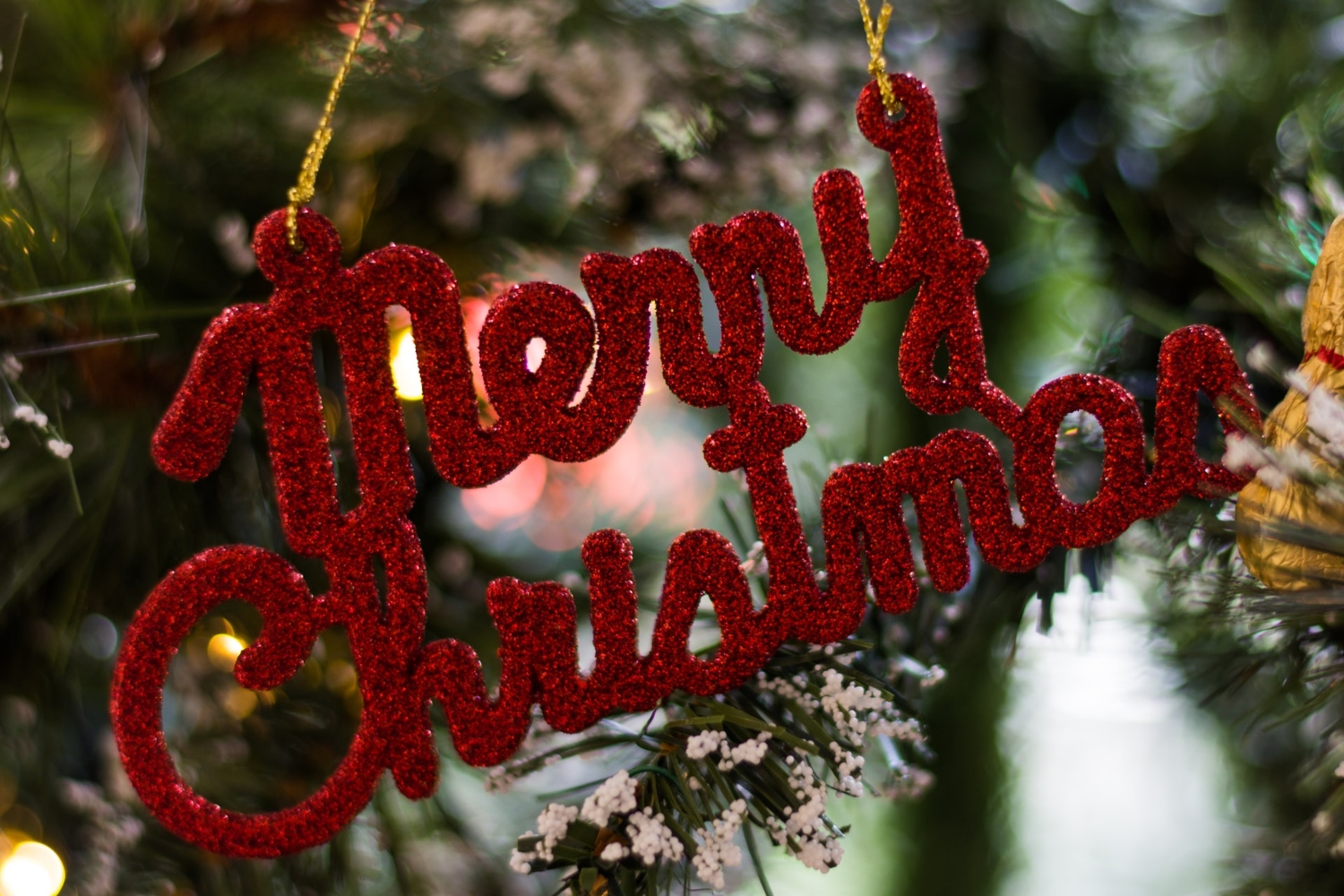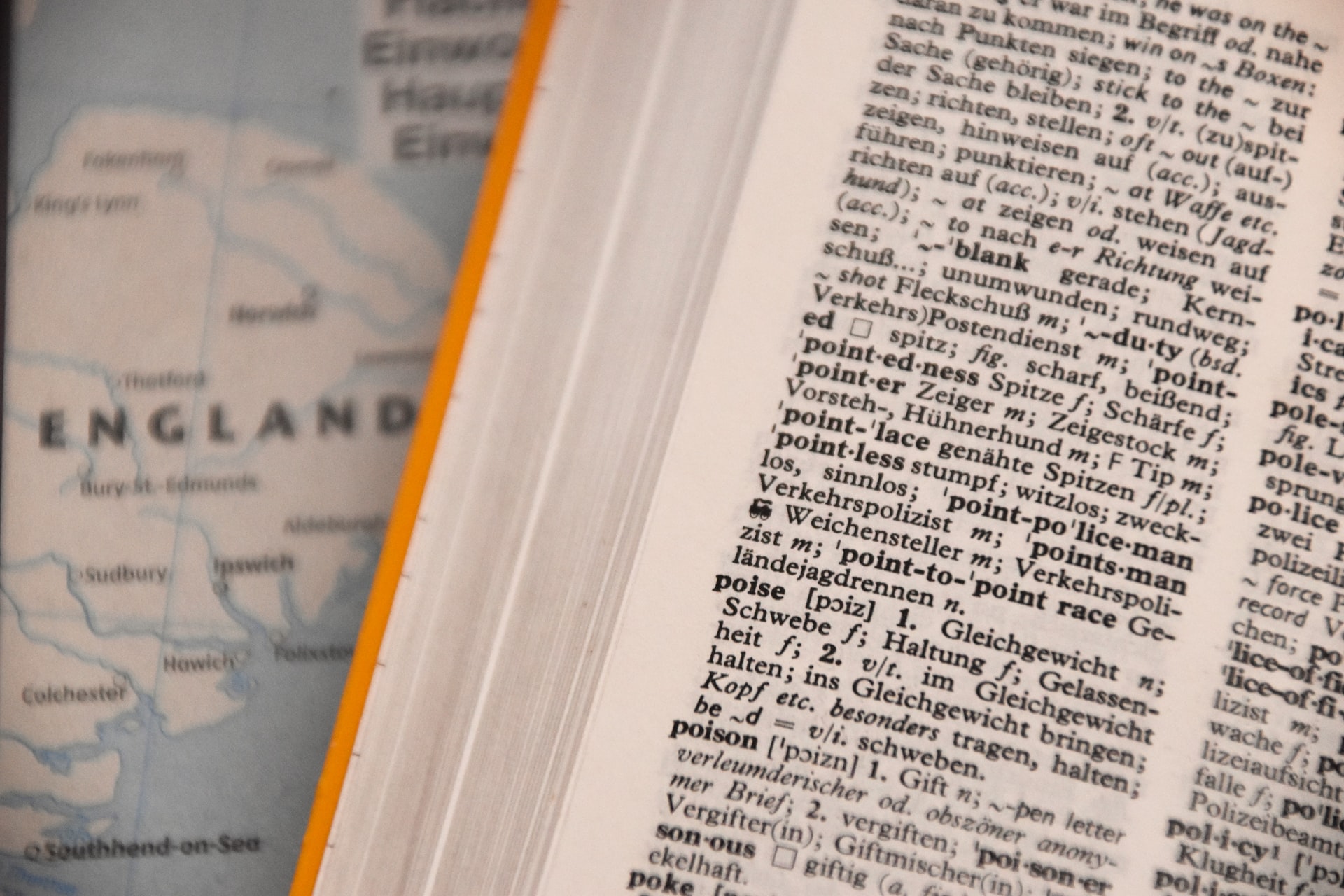Find out how to say Merry Christmas in different languages. Or, if the recipient of your greeting doesn’t celebrate any December holidays, you can find out how to say hello in other languages instead.
Christmas is celebrated across the world.
It is celebrated predominantly by Christians, but this holiday also has a secular sister that’s celebrated by even those who don’t celebrate the birth of Jesus.
No matter where you are in the world (or what language you speak), you can say, “Merry Christmas, happy holidays, happy Hanukkah, or happy Kwanzaa.
Where is Christmas celebrated?
Christmas is truly celebrated all over the world — though, the holiday may not look the same in different countries.
160 countries celebrate Christmas. Americans celebrate Christmas on December 25 (as do citizens of other countries), the Armenian Apostolic Church celebrates Christmas on January 6, Coptic Christmas and Orthodox Christmas are on January 7.
Christmas is not celebrated in the following countries:
Afghanistan, Algeria, Azerbaijan, Bahrain, Bhutan, Cambodia, China (except Hong Kong and Macau), Comoros, Iran, Israel, Japan, Kuwait, Laos, Libya, the Maldives, Mauritania, Mongolia, Morocco, North Korea, Oman, Qatar, the Sahrawi Republic, Saudi Arabia, Somalia, Taiwan (Republic of China), Tajikistan, Thailand, Tunisia, Turkey, Turkmenistan, the United Arab Emirates, Uzbekistan, Vietnam, and Yemen.
Of course, there are always exceptions. Many foreigners in the above countries still celebrate Christmas, but the holiday isn’t an official holiday recognized by the government.
Christmas is celebrated in Japan — not really as a religious holiday but as a secular holiday — replete with gift exchanges and Christmas trees.
Inclusive Holiday Greetings
There are many instances when saying, “Merry Christmas,” might not be appropriate. In diverse countries (especially ones where the majority of residents celebrate Christmas), assuming everyone celebrates is offensive.
Even though many who celebrate Christmas do so secularly (and are not Christian), assuming everyone celebrates the holiday isn’t the best way to wish everyone a happy holiday.
If you want to be inclusive, you can always say, “Happy holidays!” Or, you can wish someone a joyful greeting tailored to their own celebrations and traditions.
While Kwanzaa and Hannukah should never be considered “African-American” or “Jewish” Christmas (these holidays have their own cultural and religious meanings, separate from Christmas; yet, they also happen to take place in the month of December), if it’s one of the eight days of Hannukah or the seven days of Kwanzaa and the recipient of your greeting celebrates, it’s totally appropriate to wish someone a happy Hannukay or happy Kwanzaa.
Just make sure you know the person celebrates the holiday in your greeting. Don’t assume that every African-American celebrates Kwanzaa, and don’t assume everyone from Isreal or a Jewish background celebrates Hannukah.
When in doubt, simply wish someone a happy holiday, or use a common phrase in another language and forget about the holiday season altogether in your greeting.
Want to learn how to say want to say Merry Christmas in different languages not listed below — or holiday greetings other than Merry Christmas?
Download Vocre’s translation app. Our app uses voice-to-text and can be used with or without internet access. Simply download the digital dictionary and learn how to say common phrases, words, and sentences in other languages.
Vocre is available in the Apple Store for iOS and the Google Play Store for Android.
Merry Christmas in Different Languages
Ready to learn how to say Merry Christmas in different languages? Learn how to say Merry Christmas in Spanish, French, Italian, Chinese, and other common languages.
Merry Christmas in Spanish
Most English speakers know how to say Merry Christmas in Spanish — probably thanks to the popular holiday song, “Feliz Navidad.”
In Spanish, Feliz means happy and Navidad means Christmas. It’s a simply one-for-one translation from Spanish to English and a common Spanish phrase.
Christmas is widely celebrated throughout Latin America, including Mexico (more than 70% of Mexicans are Catholic), Central America, and South America. Spain also hosts many Christmas celebrations, including Epiphany on January 6.
Merry Christmas in French
If you want to say Merry Christmas in French, you would simply say, “Joyeux Noël.” Unlike Spanish, this is not a word-for-word translation from French to English.
Joyeux means joy and Noël means noel. The Latin meaning of Natalis (which Noël stems from), means birthday. So, Joyeux Noël simply means joyful birthday, as Christmas celebrates the birth of Christ.
Merry Christmas in Italian
If you want to say Merry Christmas in Italian, you would say, “Buon Natale.” Buon means good and Natale, similar to Noël in French, stems from the Latin word Natalis.
Experts say that the first Christmas was celebrated in Italy in Rome. So, if you’re celebrating Christmas in this fair country, you are paying homage to the history of the holiday!
Merry Christmas in Japanese
We already know that many Japanese celebrate a secular version of Christmas (similar to how Americans celebrate). If you’re in Japan at Christmastime, you can say, “Merīkurisumasu.” Merī means Merry and kurisumasu means Christmas.
Merry Christmas in Armenian
Depending on whether you belong to the Armenian Apostolic Church (one of the oldest Christian religions) or not, you may either celebrate Christmas on December 25 or January 6.
If you want to say Merry Christmas in Armenian, you would say, “Shnorhavor Amanor yev Surb Tznund.” This translates to congratulations for the holy birth.
Merry Christmas in German
Another country that’s known for its extravagant Christmas celebrations is Germany. Thousands of people flock to this country to visit its whimsical Christmas markets for one-of-a-kind gifts, caroling, and hot alcoholic beverages.
If you want to say Merry Christmas in German, you would say, “Frohe Weihnachten.” Frohe means merry and Weihnachten means Christmas — another word-for-word translation!
Merry Christmas in Hawaiian
The U.S. is so diverse, it makes sense that you might need to learn how to say Merry Christmas in different languages if you want to wish your neighbors a joyful holiday.
One of the states where you may want to wish someone a Merry Christmas in another language is Hawaii. Less than 0.1% of the Hawaiian population speaks Hawaiian, but this greeting is pretty well-known throughout the island — as well as the rest of the U.S.
If you want to say Merry Christmas in Hawaiian, you’d say, “Mele Kalikimaka.”



